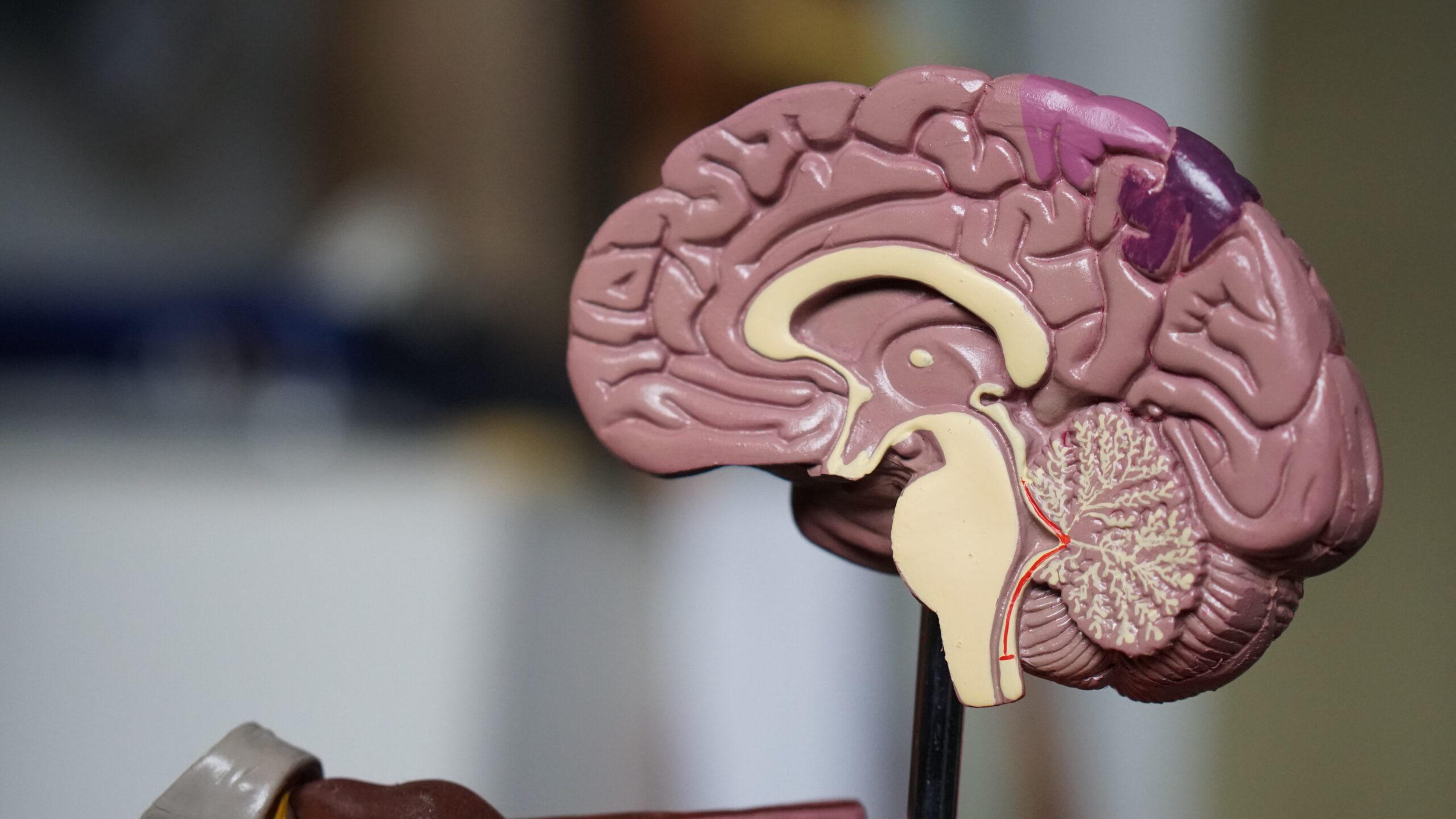How quickly does dementia progress?

Dementia is a progressive neurological condition that usually causes mild symptoms to begin with which then worsen over time.
When a person has dementia, their brain becomes damaged. The damage will usually start very small, but over time, more of the brain will become affected by the condition.
As the disease spreads across the brain, existing symptoms may worsen and new symptoms will appear.
Common symptoms of dementia include memory loss, changes in behaviour and emotion, and problems with thinking and language.
In this article, we will discuss how quickly dementia progresses and what factors can affect the progression of dementia.
How long does it take for dementia to progress in a patient?
Dementia can present itself quite differently from one person to the next.
There are different types of dementia and whilst the disease is most common in those aged over 65, it can also affect much younger people.
Several different factors can affect the rate at which dementia progresses. The disease will progress faster for some people than it will for others.
According to the Dementia UK website, Alzheimer’s disease is the most common type of dementia, making up around 60% of diagnosed dementia cases in the UK.
The Alzheimer’s Association says that Alzheimer’s disease generally progresses quite slowly with people living, on average, between four and eight years after being diagnosed.
Dementia can usually be split into three stages, early, middle, and late.
During the early stages of dementia, a person can usually function as normal but may experience memory lapses where they struggle to remember words or names or regularly misplace or lose items.
Symptoms of middle stage dementia are more noticeable and may begin to make living independently more difficult. They may include changes in personality or mood swings, becoming more forgetful and confused, and requiring help with everyday tasks.
Once a person reaches the final stages of dementia, they may need 24/7 care. During the late stages of dementia symptoms can include loss of awareness, difficulty communicating, and problems with mobility and swallowing.
What factors contribute to the rate of progression?
Although it is impossible to tell how fast a person’s dementia is going to progress, several factors can influence the rate of progression, which may help to give some indication of what to expect.
Factors that contribute to the rate of progression of dementia include:
- Type of dementia – Different types of dementia progress at different speeds. The most common type of dementia, Alzheimer’s disease, tends to progress the slowest. Other types of dementia include Vascular dementia, Lewy body dementia, Frontotemporal dementia, and mixed dementia.
- Age – Generally, dementia progresses slower in older people. People who experience young-onset dementia in their 30s, 40s, or 50s may find that the disease progresses much quicker.
- Other existing health conditions – People with existing health conditions like diabetes, heart disease, and high blood pressure who develop dementia may find that the disease progresses faster. To help slow the rate of progression it is important to ensure that other health conditions are being well managed.
- Genetics – Genetics can play a part in how quickly dementia progresses, making it very difficult to predict what will happen.
- Emotional resilience – People with good emotional resilience are sometimes reported to suffer fewer symptoms of dementia and may find that the disease progresses more slowly.
- Support available – One way that people can become more resilient in the face of dementia is to make sure that they have the right support network around them. Dementia care services and support groups ensure that people have the help and support they require to carry on living a fulfilling, comfortable, and independent life for as long as possible throughout each stage of the disease. They can also help those with dementia to remain socially active and meet other people who are going through the same things.
Friends, relatives, and carers of people with dementia should make sure that they are educated in dementia and how to help people with dementia so that they can provide the best possible level of support.
Here at Care Business Associate Training, we run a 3-hour Dementia Awareness training course which provides those caring for people with dementia with a better understanding of the condition and its symptoms and how a person with dementia experiences the world. The course also teaches useful strategies for communicating and caring for a person with dementia to help improve their comfort and wellbeing.
If you’d like to find out more about our dementia awareness training first, give our team a call on 01772 816 922 or email admin@cba-training.co.uk.